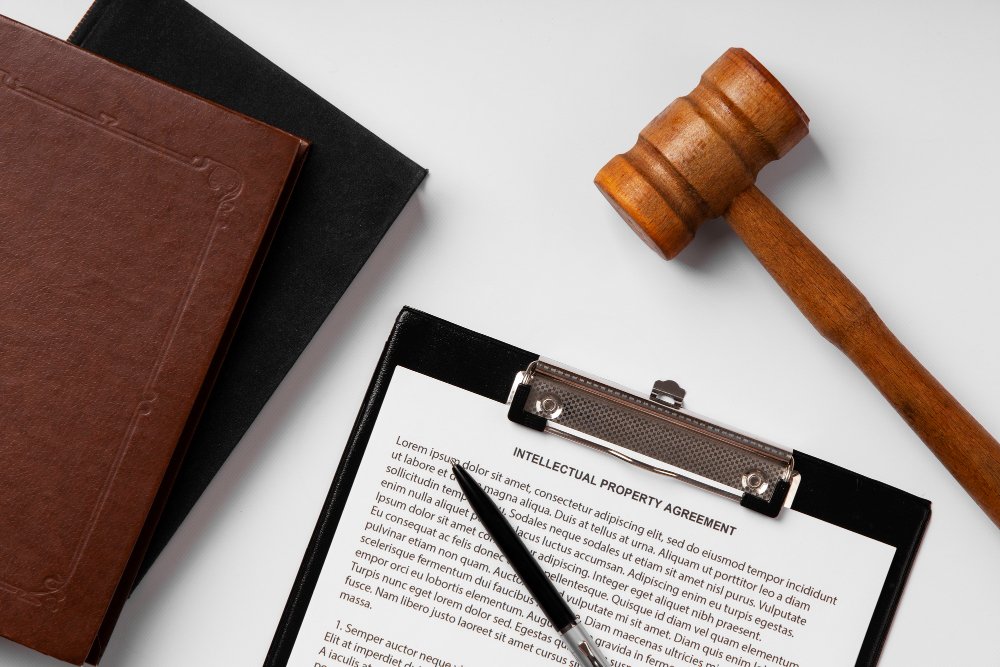Life has its fair share of surprises, and not all of them are pleasant. Whether it’s a dispute with a landlord, an unexpected traffic ticket, or a complex family matter, legal issues can suddenly become part of your reality. Many people feel lost at this point, unsure of where to begin or whom to contact.
During these moments, understanding your options can make a real difference in managing stress and resolving your issue efficiently. While some matters require a fully qualified lawyer, others can be handled by alternative legal professionals. For instance, in Canada, people often explore whether to work with a paralegal or a lawyer depending on their situation, budget, and the complexity of their case.
Why Do People Feel Overwhelmed When Legal Problems Arise?
One of the biggest reasons people delay addressing legal matters is fear of costs and confusion over processes. The legal world is full of formal language, procedural steps, and strict timelines. Missing a deadline or submitting an incomplete document can impact the outcome of your case, leading to frustration and financial strain.
Additionally, the fear of paying high legal fees often discourages people from even seeking initial guidance. But in many cases, the first consultation is free or offered at a minimal cost, especially when you reach out to professionals who are transparent about their services.
When Should You Seek Professional Legal Guidance?
Here are a few scenarios where professional guidance is usually beneficial:
-
Contract Disputes: If you are involved in a disagreement regarding a lease, freelance agreement, or business contract, legal insight helps you understand your rights before taking action.
-
Traffic Offences: Minor traffic tickets can often be handled with the support of professionals specialising in provincial offences to potentially reduce fines or points.
-
Small Claims: When you’re owed money under a certain limit (e.g. $35,000 in Ontario Small Claims Court), you may not need a lawyer’s full services but still require representation to file or defend your claim effectively.
-
Family Matters: Divorce, custody, and spousal support issues almost always require a lawyer due to their complexity and emotional stakes.
How Can You Choose Between Different Legal Professionals?
If you’re wondering whether your situation calls for a lawyer or someone else, it helps to understand the nature of your issue first. For example, a quick traffic ticket dispute is different from defending a criminal charge.
While exploring your options, you may come across terms like “legal assistant,” “paralegal,” and “lawyer.” Each of these professionals has a unique role:
-
Legal Assistants: They typically provide administrative support within a firm but do not offer independent legal advice.
-
Paralegals: In certain provinces like Ontario, paralegals are licensed to provide legal services in specific areas such as Small Claims Court matters, tribunal representation, and provincial offences. Many people compare a paralegal vs lawyer before deciding, since paralegals often charge lower fees for cases within their permitted scope.
-
Lawyers: They have completed extensive academic and licensing requirements, allowing them to advise and represent clients on all legal matters, including family law, criminal defence, immigration, and complex litigation.
What Should You Ask Before Hiring Anyone?
Before you make your decision, consider asking these questions:
✅ What type of cases do you usually handle?
✅ Have you worked on a situation similar to mine?
✅ What are your fees, and do you offer payment plans?
✅ Will I work directly with you or with your team?
✅ What outcome can I realistically expect?
These questions help you build confidence in your choice and ensure you work with someone who has your best interests in mind.
How Can You Prepare For Your First Consultation?
-
Gather All Relevant Documents: Contracts, notices, letters, or tickets related to your issue.
-
Write Down Key Dates: Deadlines or dates when events occurred.
-
List Your Questions: This ensures you cover everything within the consultation time.
-
Be Honest: Share all details, even those you find unfavourable. Your legal professional needs the full picture to advise you correctly.
Is It Possible to Resolve Issues Without Going to Court?
Many people don’t realise that litigation is not the only route. Mediation, negotiation, and settlement discussions often resolve matters faster and at lower costs. Legal professionals can guide you towards the best route, whether it involves formal court proceedings or alternative dispute resolution.
Final Thoughts
Dealing with legal issues is rarely pleasant, but delaying them often leads to bigger problems. The key is to seek guidance early, understand your rights, and choose the right professional like Jas Legal for your situation.
If you’re still wondering whether your case requires a lawyer or a paralegal, take time to research, ask questions, and consult reliable resources. By doing so, you’ll be empowered to make informed decisions and protect your interests effectively.
